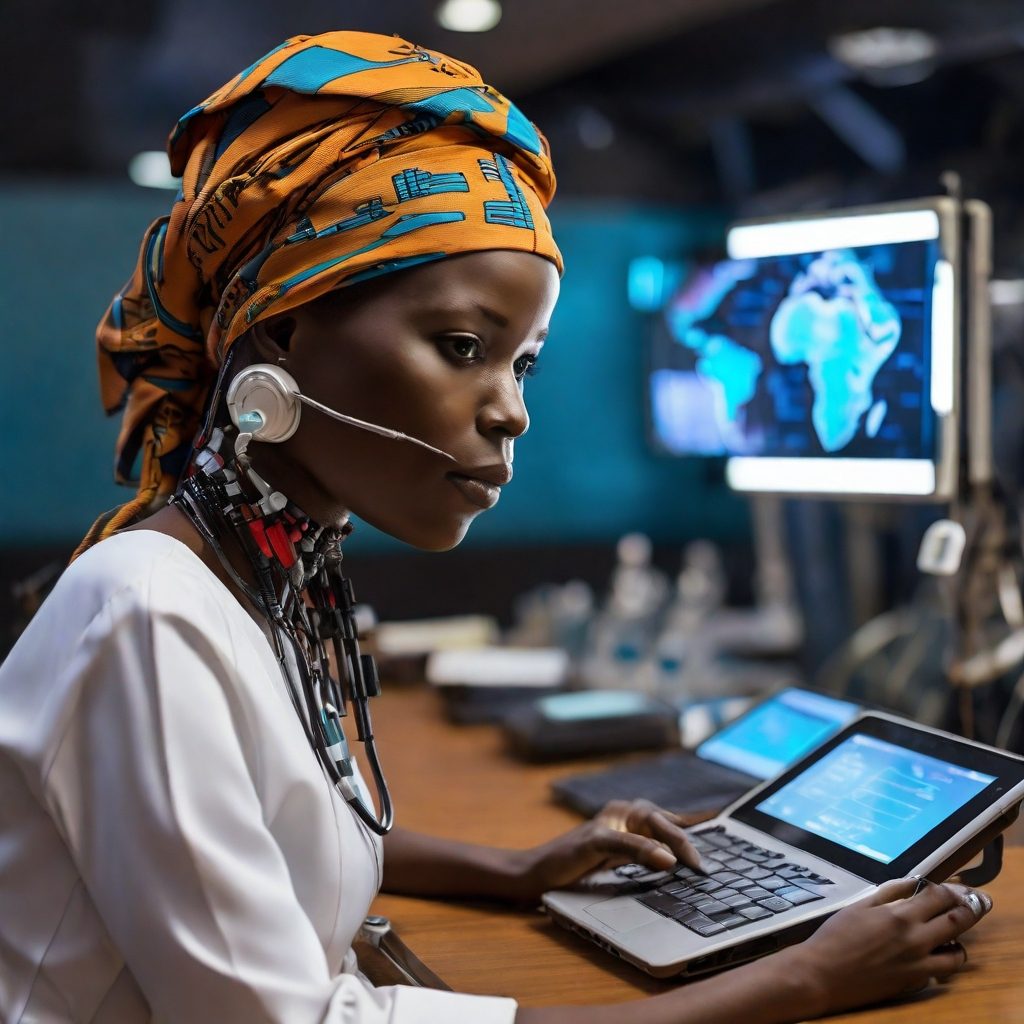In a significant development, the Recording Industry Association of America (RIAA) has taken a strong stance against unauthorized AI vocal cloning services. The RIAA is now urging the U.S. government to include these services in its annual Notorious Markets report, a move that highlights the ongoing battle within the music industry to protect intellectual property rights. One such service, Voicify, has come under particular scrutiny for its role in the proliferation of AI-generated music.
The rapid rise of AI models capable of imitating the voices of established artists has ignited legal debates that cut to the heart of copyright law. The central issue revolves around the training data for these AI models – if they are trained using the songs and recordings of the artists being imitated, does this necessitate the acquisition of licenses from the copyright holders of the original music? The music industry argues in favor of licensing, while certain AI companies lean on copyright exceptions in specific jurisdictions or the fair use concept, particularly in the United States. However, these arguments are far from settled and are currently the subject of legal proceedings.
Beyond copyright, the concept of publicity rights comes into play, raising additional legal complexity. Even if a copyright exception might theoretically apply, or if an artist does not own the copyright to their music, consent may still be required from the artist in many countries. This requirement stems from the belief that AI exploits their publicity, personality, or image rights. The intricacies of these rights vary from country to country, with the UK notably lacking recognition of the concept.
Voicify: An AI vocal clone service under the spotlight
Voicify, a UK-based service, has garnered attention as a prominent example of AI vocal clone platforms. The service positions itself as the “number one platform for making high-quality AI covers in seconds.” Of concern is Voicify’s offering of AI vocal models imitating the voices of renowned artists, including Michael Jackson, Justin Bieber, Taylor Swift, Elvis Presley, Bruno Mars, Eminem, Adele, and Ed Sheeran.
The RIAA’s detailed description of Voicify’s operations sheds light on the controversial service. Voicify enables users to select a YouTube video, from which it extracts the acapella track. This acapella is then modified using an AI vocal model, and the user receives unauthorized copies of the modified acapella stem, the underlying instrumental bed, and the remixed recording. These actions raise serious copyright infringement concerns and infringe upon the rights of sound recording artists, particularly in the realm of publicity.
The RIAA’s call for inclusion in the notorious markets list
The RIAA’s initiative to include voice cloning AI services in the Notorious Markets report places these services alongside other well-known copyright-infringing platforms, such as stream-ripping websites, unlicensed download and streaming platforms, and notorious entities like The Pirate Bay. This annual report, compiled by the U.S. government, identifies websites and physical marketplaces outside the United States where intellectual property rights are consistently violated.
The RIAA underscores the significant damage inflicted by unauthorized AI vocal clone services, asserting that these services harm not only the rights of artists whose voices are cloned but also the rights of those who own the sound recordings within the original musical tracks. Of note is the global reach of many of these services, with several operating outside the United States.
The ongoing legal battleground
As the legal battles surrounding AI-generated music continue to intensify, the industry remains at odds with AI developers regarding the legality of these practices. While the RIAA argues that these activities violate copyrights and artists’ rights, AI companies often rely on exceptions and fair use doctrines. With the legal landscape evolving and international legal frameworks diverging, the ultimate resolution of these disputes remains uncertain. However, the RIAA’s efforts to include these services in the Notorious Markets report reflect the music industry’s determination to safeguard intellectual property and the rights of its artists.





